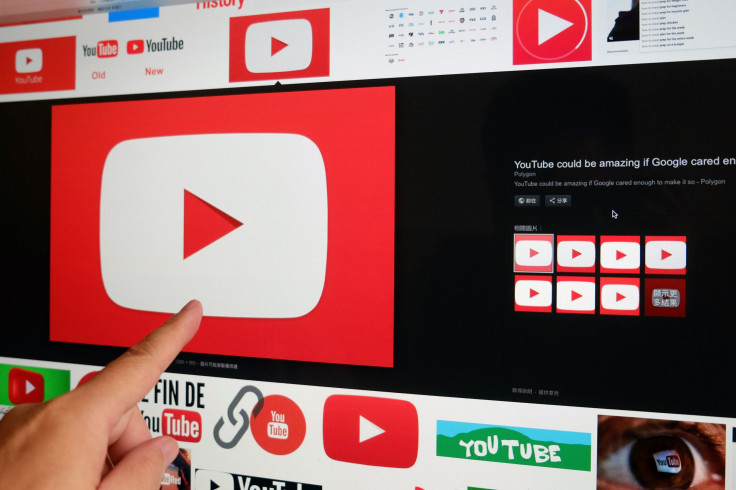YouTube Introduces Ad Extensions For Movie Showtimes, Travel Booking

Digital advertising drives a large portion of Alphabet, Inc.’s (GOOG) revenue, and on Monday, the firm’s Google arm announced new features that will help advertisers get even more out of YouTube. New extensions will allow advertisers to funnel YouTube viewers elsewhere when they see ads, according to a company blog post.
The initiative was announced as part of Advertising Week in New York. Viewers watching YouTube videos may now see things like local movie showtimes listed underneath trailers, according to one example Google gave. Videos pertaining to specific travel destinations could also attach booking information, per CNBC.
“The heightened role of video throughout today’s consumer journey is an exciting opportunity for marketers to build connections that drive better business outcomes,” Google’s blog post said. “We’re excited about how these capabilities can help take your campaigns to the next level, driving real business impact all along the customer journey.”
Google listed Vodafone, 20th Century Fox, Chili’s and others as companies that are already using ad extensions to “drive impact on the metrics that matter most.” As part of the same announcement, Google revealed new ways for advertisers to accurately measure ad metrics on YouTube.
Google is the world's largest digital advertising company, on pace to control nearly 40 percent of the lucrative online ad market by year's end, according to research firm eMarketer. According to the same data, second-place Facebook will have around 20 percent market share by the end of the year. Amazon, in a distant third place, will control about 4 percent of the market.
A large portion of Google’s ad revenue comes from search. The move to bolster YouTube’s ad capabilities could be a way for Alphabet to diversify its ad operations; Amazon may be distantly behind now, but eMarketer’s data suggested it is growing its market share faster than expected.
Google, before it became a subsidiary of Alphabet, bought YouTube in 2006. The site was still in its early days, having been founded in 2005, but Google spent $1.65 billion on it and turned it into the biggest portal for videos on the internet. Alphabet does not specifically report YouTube revenue in its quarterly earnings reports.
© Copyright IBTimes 2025. All rights reserved.



















